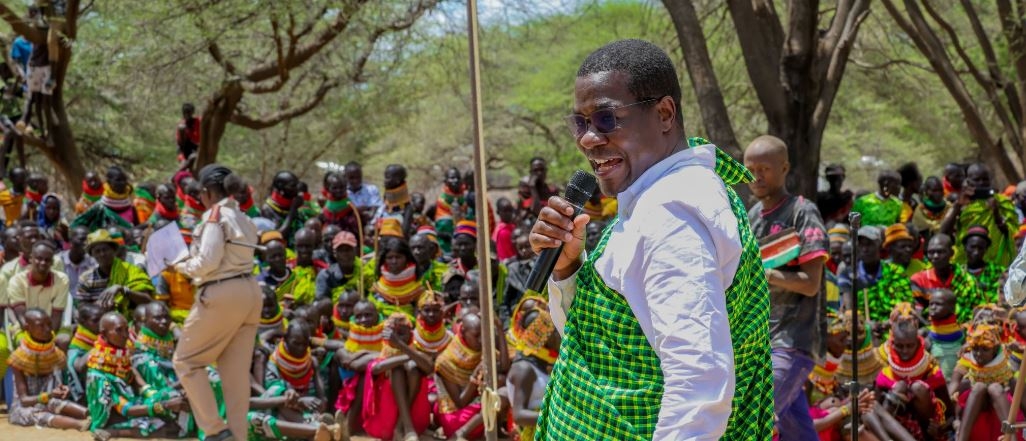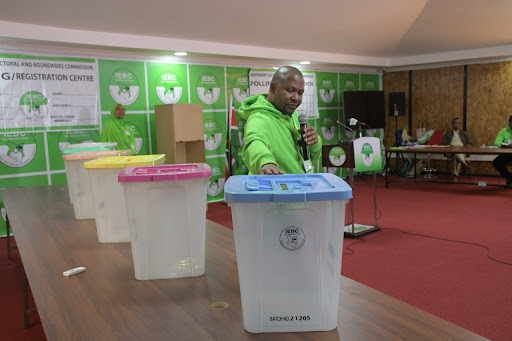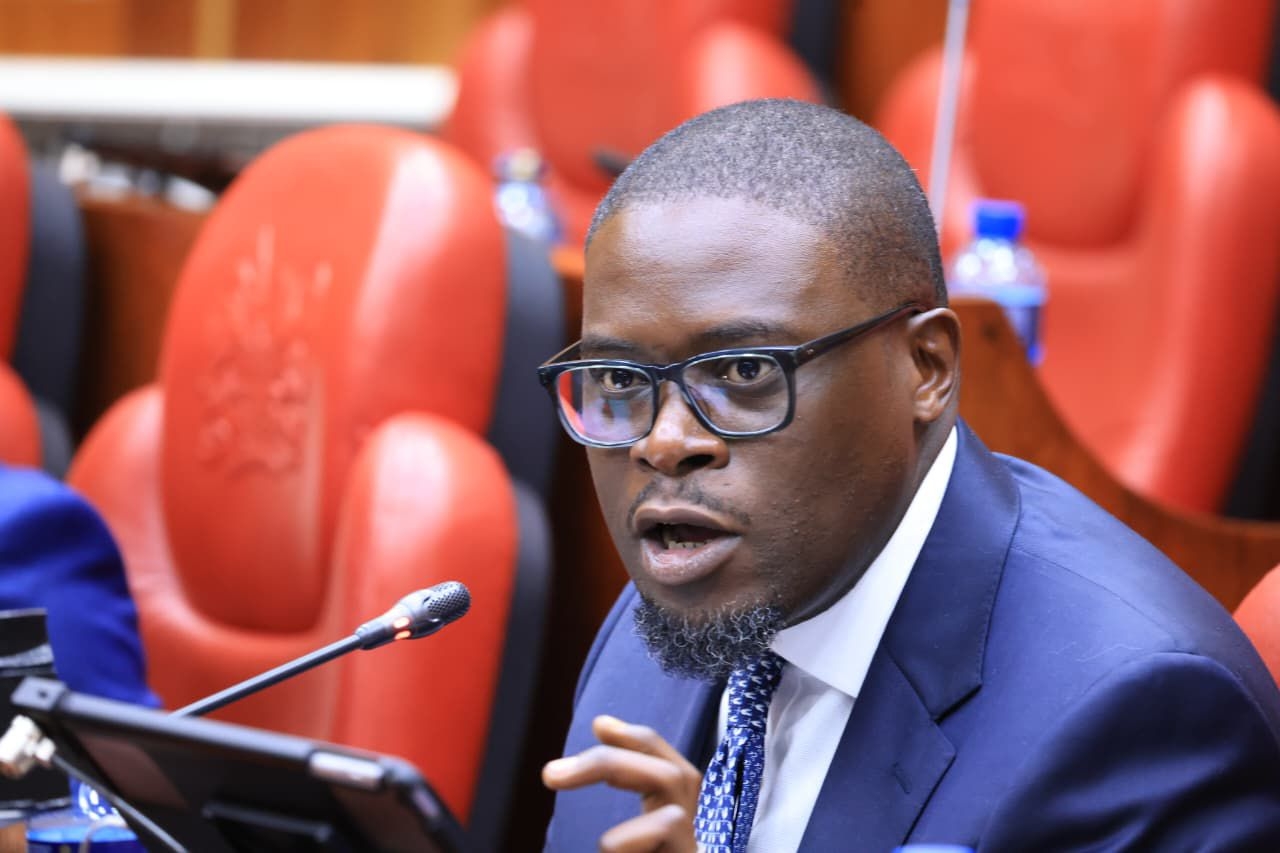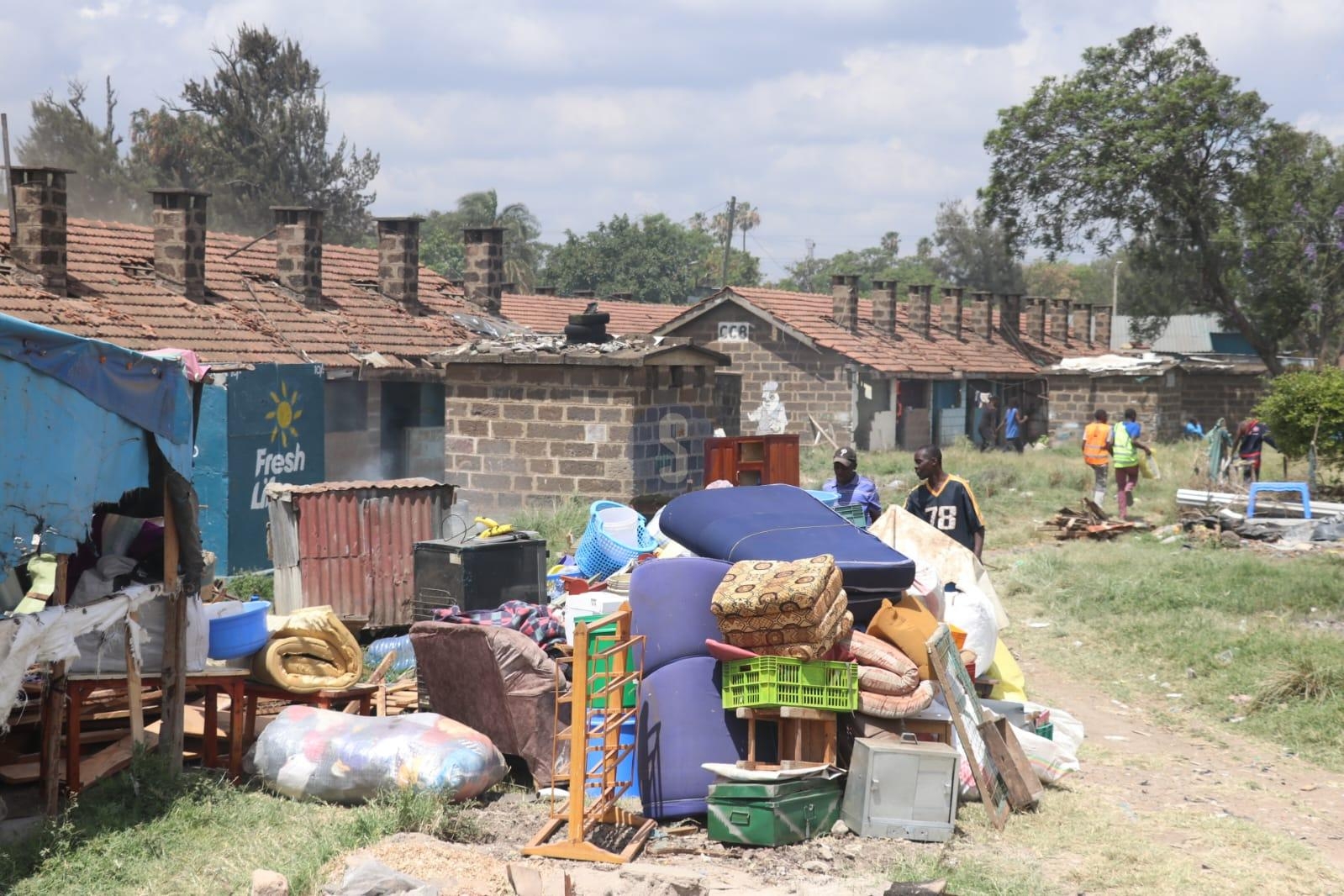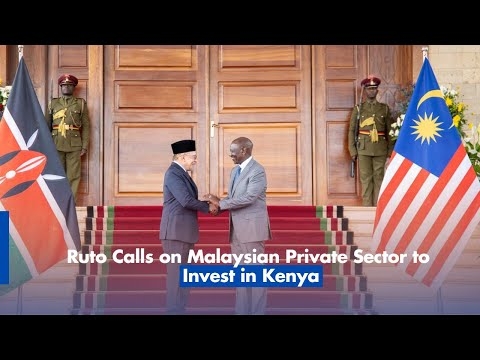World HIV Day is observed annually on December 1, serving as a global platform to raise awareness about HIV/AIDS and show support for those living with HIV.
This year's theme, 'Let Communities Lead', emphasises the crucial role that communities play in the fight against HIV/AIDS. It recognises the power of communities to bring about positive change, reduce stigma and provide support for prevention and treatment efforts.
Empowering communities is pivotal in addressing the multifaceted challenges posed by HIV/AIDS. Communities are not only at the forefront of the epidemic but also possess unique insights into local dynamics, making them indispensable partners in crafting effective strategies.
By entrusting communities with leadership roles, we amplify their voices, ensuring that responses are contextually relevant and sustainable. Community empowerment is not only a cornerstone in the battle against HIV/AIDS, but also a great process to ensure that people living with HIV continue to not face stigma that accrues from community platforms and members.
Stigma remains a significant barrier in the global fight against HIV/AIDS. Community-led initiatives are instrumental in breaking down these barriers, fostering inclusivity and promoting understanding. Through education, advocacy and open dialogue, communities can challenge discriminatory beliefs and create environments where individuals feel safe to seek testing, treatment, and support.
With the rise in new infections in the recent months, we need to continue to ensure that stigma around uptake, access and provision of Anti-retroviral therapy reduces so that we can continue to be effective to ensure advancement of the undetectable equals to untransmissible state which is a big win for the work and research on HIV. This will foster inclusivity and understanding.
Communities are uniquely positioned to address the intricacies surrounding access to treatment and prevention. Local leaders can design interventions tailored to the specific needs of their community members, ensuring that resources are efficiently allocated.
From distributing educational materials to organising testing campaigns, community-led initiatives enhance the reach and impact of vital services. This will improve access to treatment and prevention strategies which form part of effective community driven solutions.
The theme 'Let Communities Lead' also underscores the importance of engaging the youth. Empowering young people within communities is an investment in the future. By providing comprehensive education on HIV/AIDS, fostering peer support networks and encouraging activism, communities can nurture a generation of advocates committed to eradicating the stigma associated with HIV. Youth engagement will continue to nurture the next generation of advocates who will fight stigma and encourage access to these vital services.
While the focus is on local communities, the global fight against HIV/AIDS requires solidarity. International organisations, governments and NGOs must collaborate with communities, respecting their autonomy and recognising the value they bring to the table. By amplifying local voices on a global stage, we create a more inclusive and effective response to the HIV/AIDS epidemic. Amplifying of local voices on a worldwide stage will foster global solidarity.
While celebrating the progress made, it's essential to acknowledge the challenges that persist. Funding gaps, discrimination and unequal access to healthcare are barriers that communities continue to face. However, with the right resources, support and commitment from global stakeholders, these challenges can be transformed into opportunities for growth, learning and resilience.
As we commemorate the World AIDS Day under the theme of 'Let Communities Lead', let us remember that the fight against HIV/AIDS is a collective call to action. By empowering communities, we build a more robust, resilient response to the epidemic—one that is rooted in inclusivity, compassion and a shared commitment to a world without HIV/AIDS.
The writer can reached on X (Twitter) @alvinmwangi254






